Door County judge dismisses lawsuit challenging Wisconsin's procedure for online absentee ballot requests
A Door County Circuit Court judge has dismissed a lawsuit arguing that Wisconsin voters who request absentee ballots through the state's MyVote database must include a physical copy of the request in the ballot return envelopes.
Associated Press
July 29, 2024
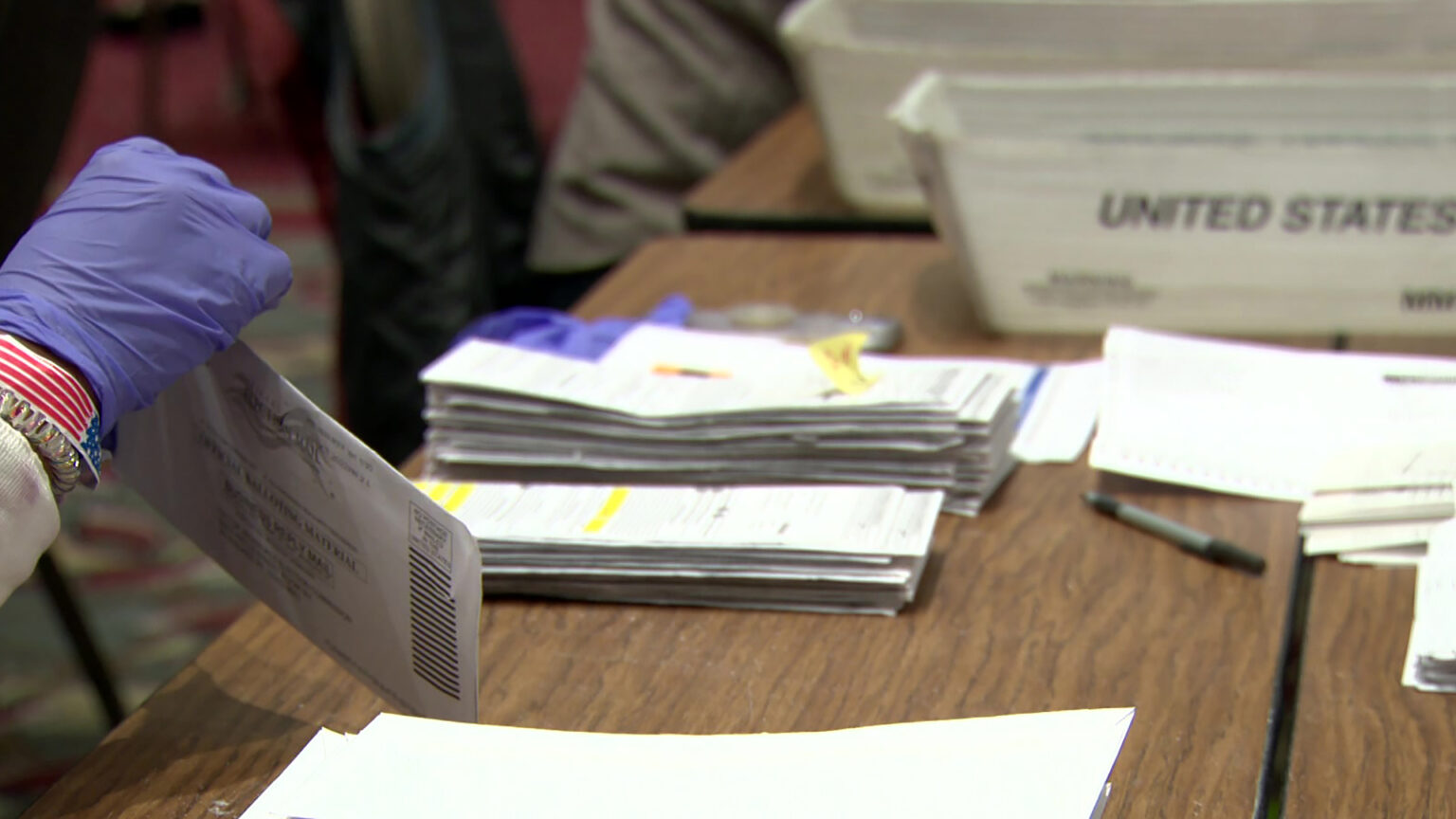
A hand wearing a nitrile glove holds the top of an envelope above a wood table with stacks of other envelopes and papers, with two mail bins with the words "United States" in the background.

MADISON, Wis. (AP) — A Wisconsin judge dismissed a lawsuit on July 29 that challenged absentee voting procedures, preventing administrative headaches for local election clerks and hundreds of thousands of voters in the politically volatile swing state ahead of fall elections.
The ruling stems from a lawsuit Thomas Oldenberg, a voter from Amberg, Wisconsin, filed in February. Oldenberg argued that the state Elections Commission hasn’t been following a state law that requires voters who electronically request absentee ballots to place a physical copy of the request in the ballot return envelope. Absentee ballots without the request copy shouldn’t count, he maintained.
Commission attorneys countered in May that language on the envelope that voters sign indicating they requested the ballot serves as a copy of the request. Making changes now would disrupt long-standing absentee voting procedures on the eve of multiple elections and new envelopes can’t be designed and reprinted in time for the Aug. 13 primary and Nov. 5 general election, the commission maintained.
Online court records indicate Door County Circuit Judge David Weber delivered an oral decision on the morning of July 29 in favor of the elections commission and dismissed the case. The records did not elaborate on Weber’s rationale. Oldenberg’s attorneys didn’t immediately respond to an email seeking comment.
Jeffrey Mandell, an attorney representing Disability Rights of Wisconsin, one of several groups that joined the lawsuit, said in an email to The Associated Press that Weber determined that Oldenberg waited too long to file the action. Commission attorneys noted in their May arguments that the envelope sign-off has been in play since electronic ballot requests began in 2006 and Oldenberg could have brought challenged the practice any time after that.
Questions over who can cast absentee ballots and how have become a political flashpoint in Wisconsin, where four of the past six presidential elections have been decided by less than a percentage point. Nearly 2 million people voted by absentee ballot in Wisconsin in the 2020 presidential election. Democrats have been working to promote absentee ballots as a means of boosting turnout. Republicans have been trying to restrict the practice, saying its ripe for fraud.
Any eligible voter can vote by paper absentee ballot in Wisconsin and mail the ballot back to local clerks.
People can request absentee ballots by mailing a request to local clerks or filing a request electronically through the state’s MyVote database. Local clerks then mail the ballots back to the voters along with return envelopes.
Military and overseas voters can receive ballots electronically but must mail them back. Disabled voters also can receive ballots electronically but must mail them back as well, a Dane County judge ruled in June.
Oldenberg’s attorneys, Daniel Eastman and Kevin Scott, filed a lawsuit on behalf of former President Donald Trump following 2020 election asking a federal judge to decertify Joe Biden’s victory in Wisconsin. The case was ultimately dismissed.
The Democratic National Committee and the League of Women Voters joined the Oldenberg case along with Disability Rights of Wisconsin. The state’s Democratic attorney general, Josh Kaul, represented the elections commission. He issued a statement calling the July 29 decision “a victory for Wisconsin voters and accessible absentee voting.”
 Passport
Passport




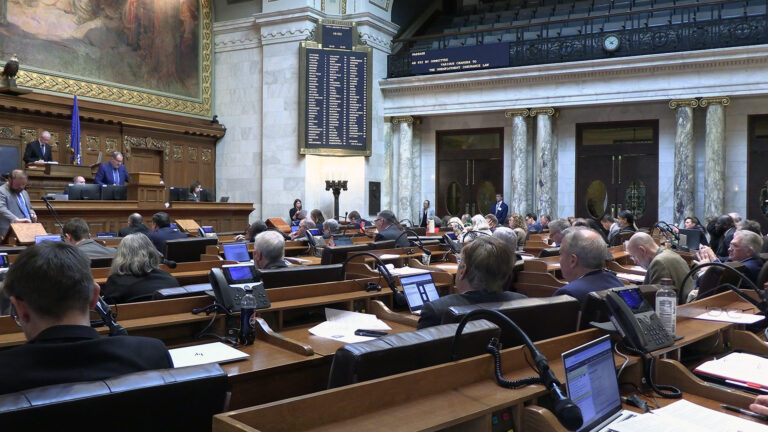

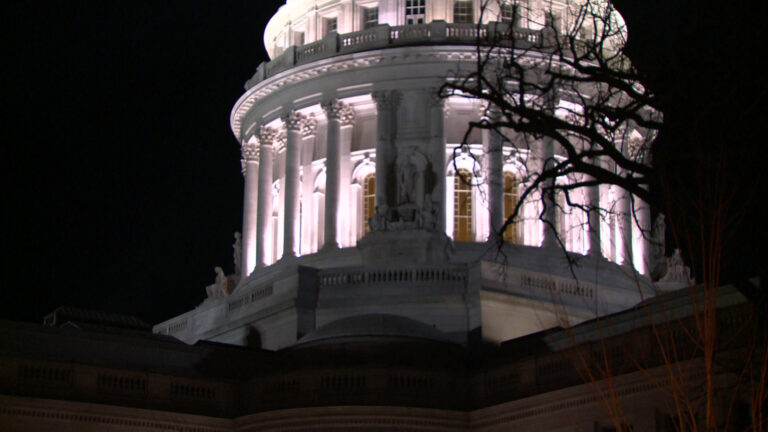
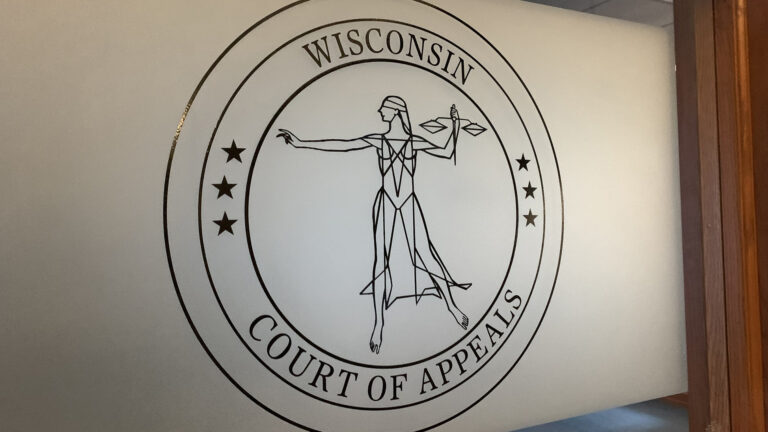
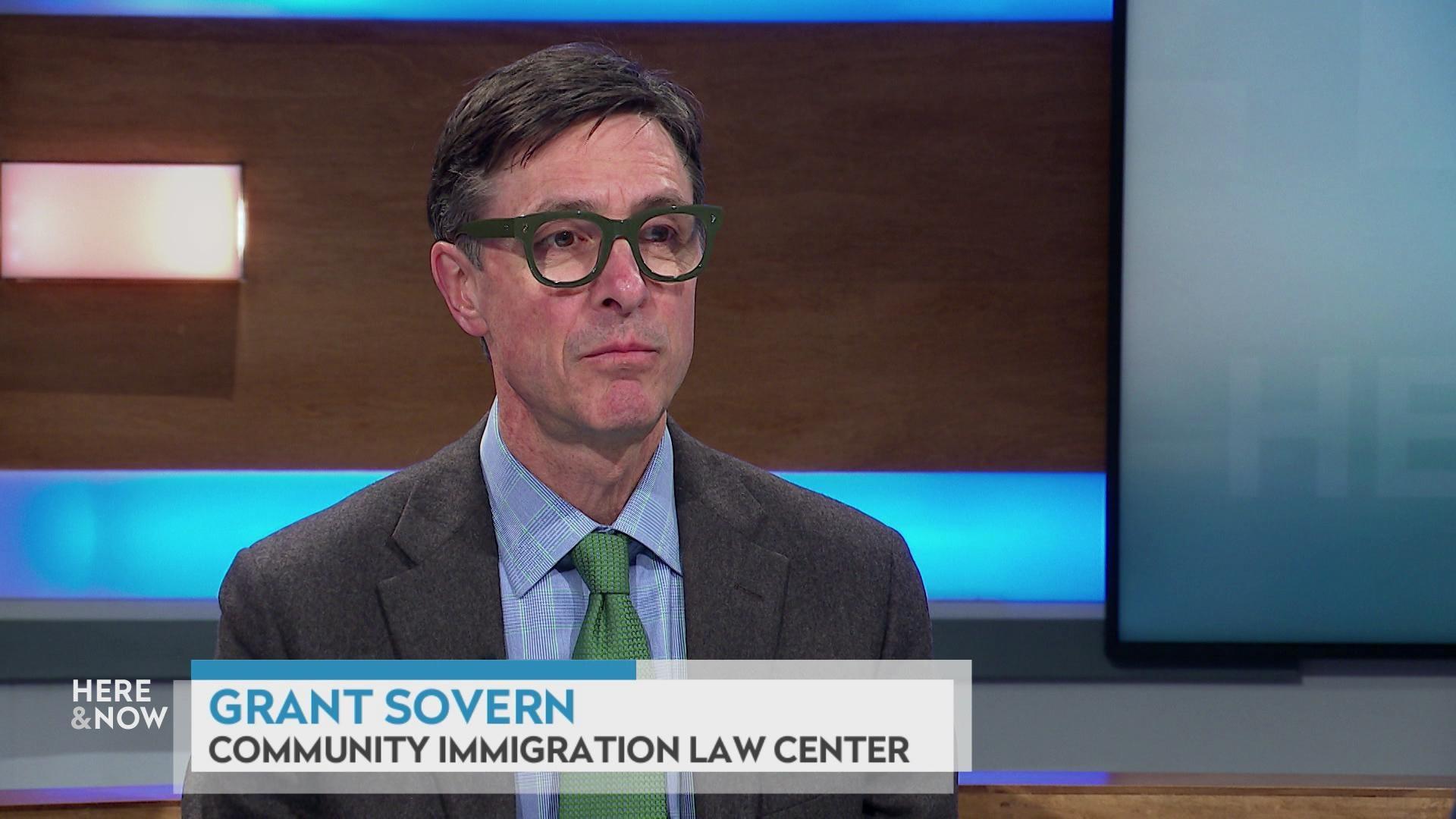
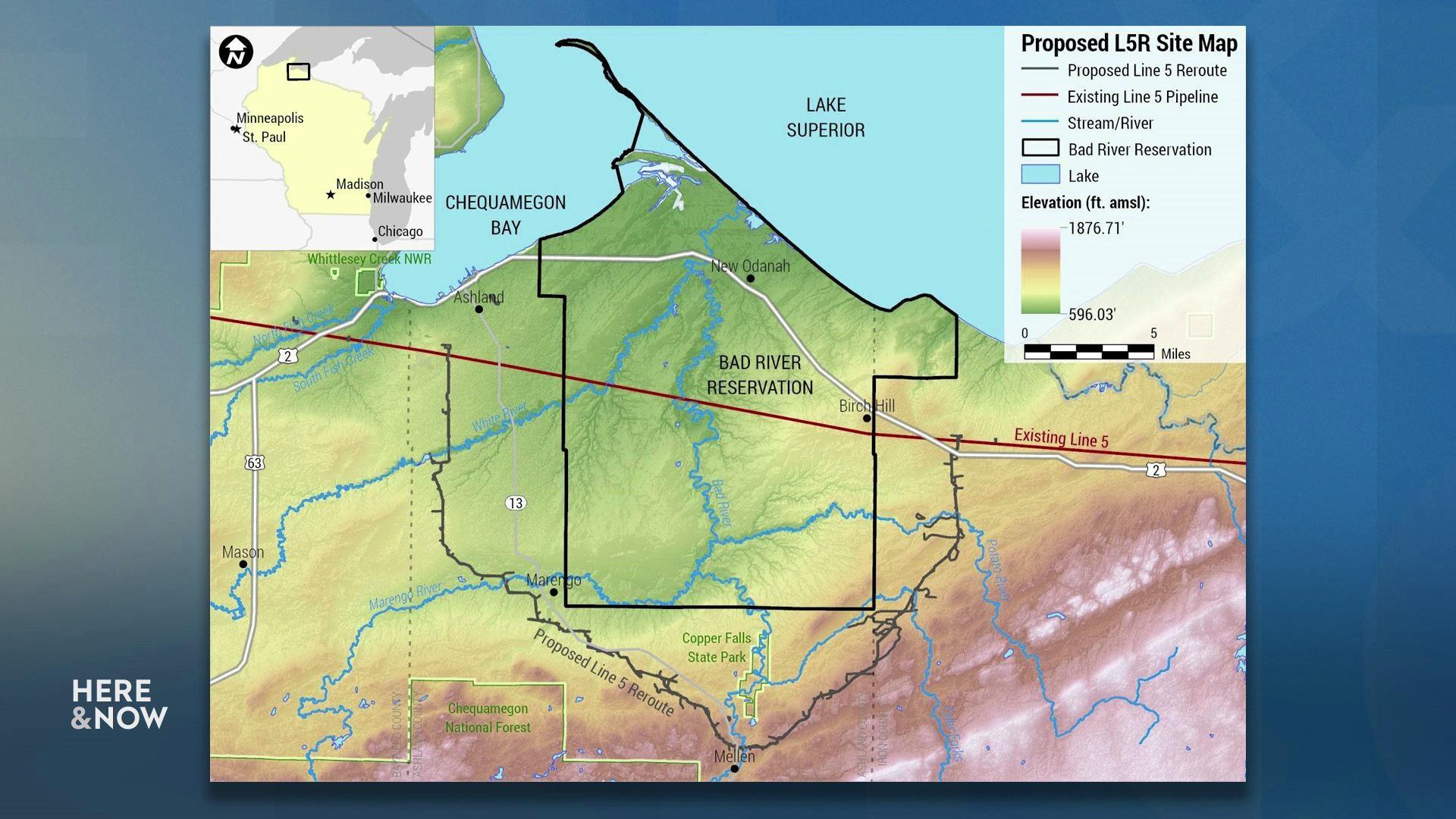

Follow Us